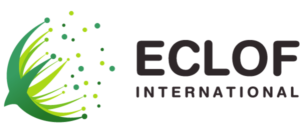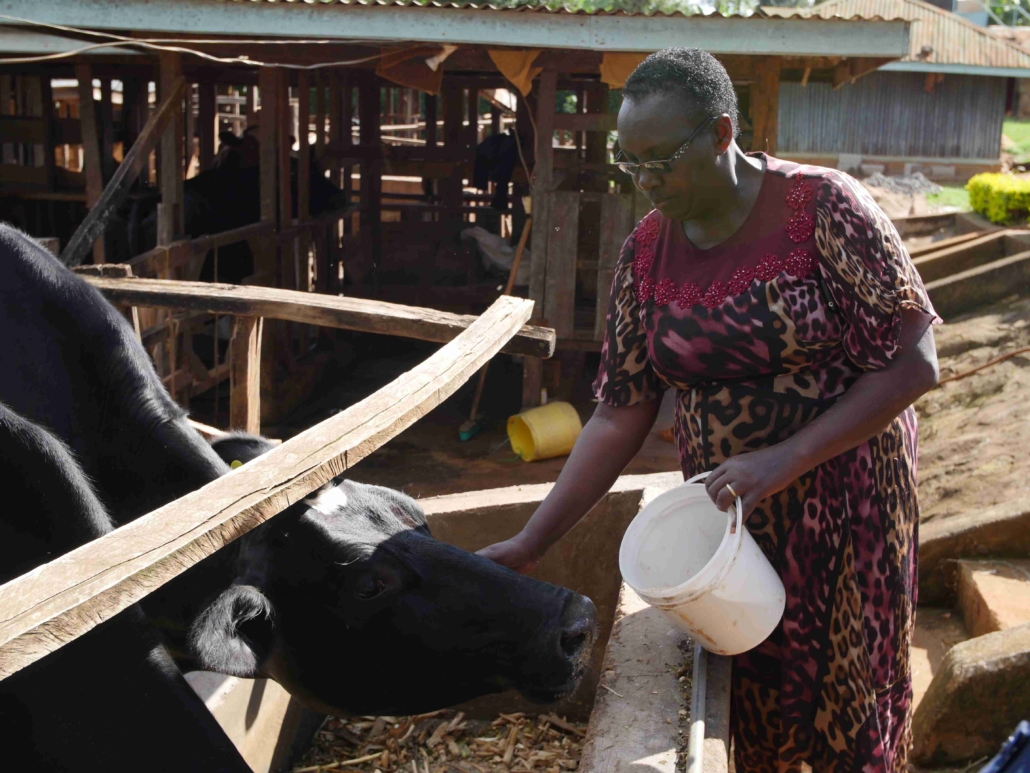ECLOF’s work around the world would not be possible without support from our partners. Calvert Impact Capital is one of these partners, providing much needed capital for making micro loans to thousands of micro entrepreneurs and farmers.
In March Calvert features ECLOF in its Borrower Spotlight: https://www.calvertimpactcapital.org/blog/920-borrower-spotlight-eclof-international
More than two billion people worldwide depend upon smallholder farms for their food and economic livelihood. Roughly five hundred million small farms currently produce about eighty percent of the food consumed in Sub-Saharan Africa and Asia. Massive population growth is forecast in these same regions, however, and developing countries will need to double their current food production to meet projected needs.
How will this be possible? The work of ECLOF International demonstrates that enhanced smallholder agriculture offers a viable route out of poverty for rural populations while also increasing food security. ECLOF’s work shows that smallholder farming can be productive, commercially viable and linked to markets – and environmentally sustainable.
ECLOF Kenya provides a strong example of how to scale smallholder farming in practice. Traditionally, many of ECLOF Kenya’s rural clients keep a small number of low-yielding cows, earning meagre incomes from selling milk to local hawkers. To increase the stability and amount of that income, ECLOF Kenya introduced an innovative agricultural value-chain financing model. Here’s how it works:
The model relies upon dairy plants’ ability to offer farmers reliable sales channels for their milk. Farmers prefer selling their milk to the dairy plants, despite a slightly lower price, because they are guaranteed to receive their money. With a stable income flow, farmers can then take up loans from ECLOF Kenya to replace traditional cows with higher yield breeds and finance other necessary improvements on their farms. In addition to capital, ECLOF and its partners provide technical assistance to farmers, including trainings on financial literacy, running farms as businesses, and farming diversification. Farmers learn relevant skills including how to budget, access climate insurance, make fodder and silage, recognize weather patterns and read cow signals.
Peer learning among farmers is an important facet of the program. Farmers attend field days and exchange programs at demo farms where they participate in programming on rearing calves, building innovative cow sheds, cultivating dense fodder, insuring livestock and operating biogas digesters. To date, over 300 farmers have attended activities at demo farms, and nearly 1,000 have received training on financial literacy, record keeping, feed management, and animal husbandry.
ECLOF provides loans to groups of farmers at low interest rates and without the need for collateral. The loans are secured by a group guarantee and an innovative payment structure—the dairy plant disburses loans to farmers and directly repays the loan to ECLOF after receiving milk deliveries.
With this model, everyone wins: The dairy plants benefit from the regularity and quality of the milk. The farmers earn better, and steadier incomes driven by higher yields per cow. ECLOF gets access to 7,000 farmers in the target market, which reduces the cost and risk of serving farmers. Ultimately, the strong interdependency among the three value chain partners means the loans are repaid in time. In fact, the repayment rate is well over 90%. Furthermore, ECLOF’s research suggests that the annual revenue per farmer in the program grew to three times greater than that of the average farmer.
This pilot program demonstrates that successful dairy agribusiness is within reach for smallholders across the globe. By November 2019, ECLOF had disbursed dairy loans to over 1,100 farmers in four regions of Kenya. As ECLOF Kenya scales this unique business model, it will continue to deliver capital and other services to smallholder farmers. In turn, smallholder farmers will achieve food security, improve incomes, and enhance overall economic growth in their countries.





